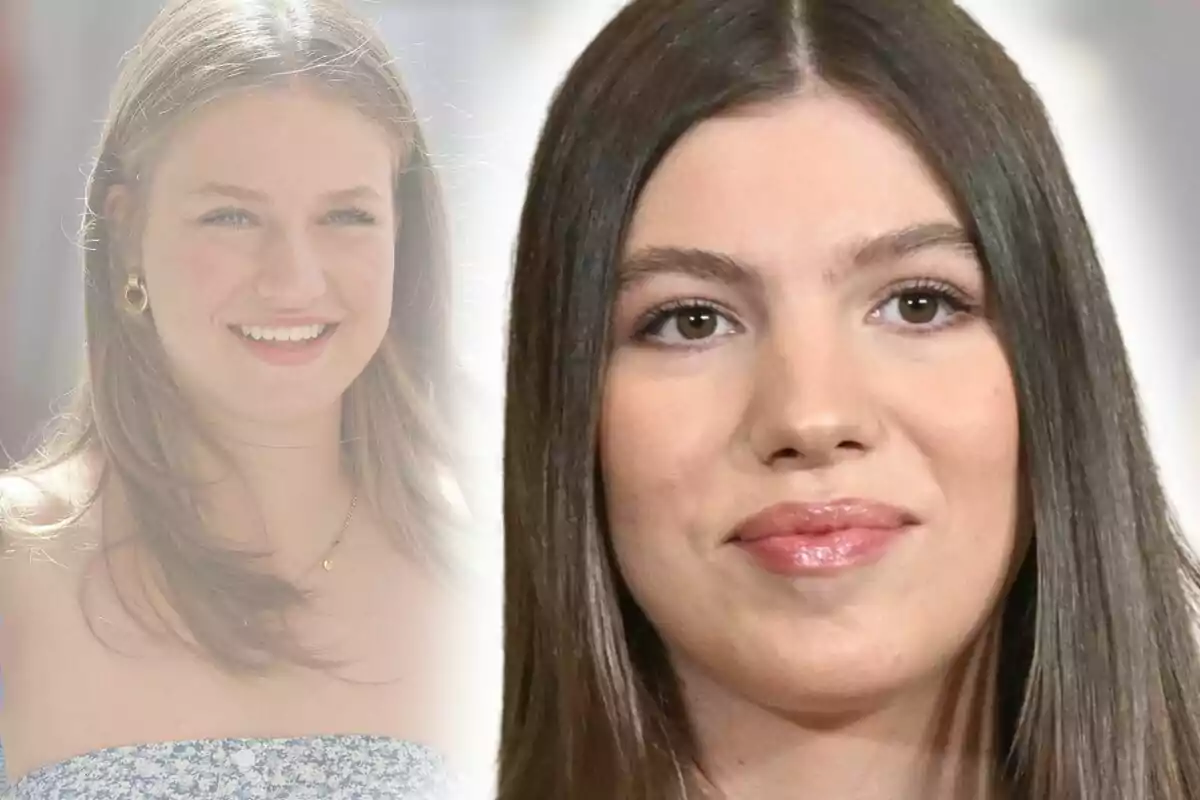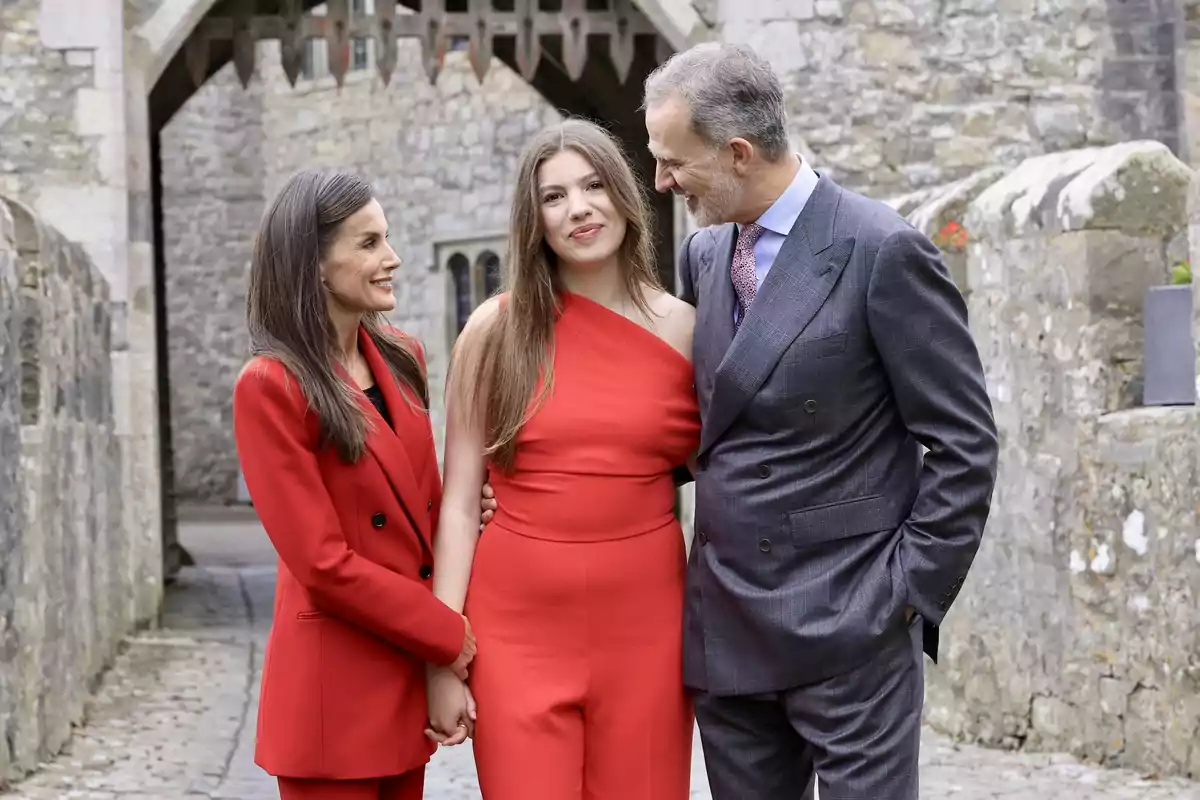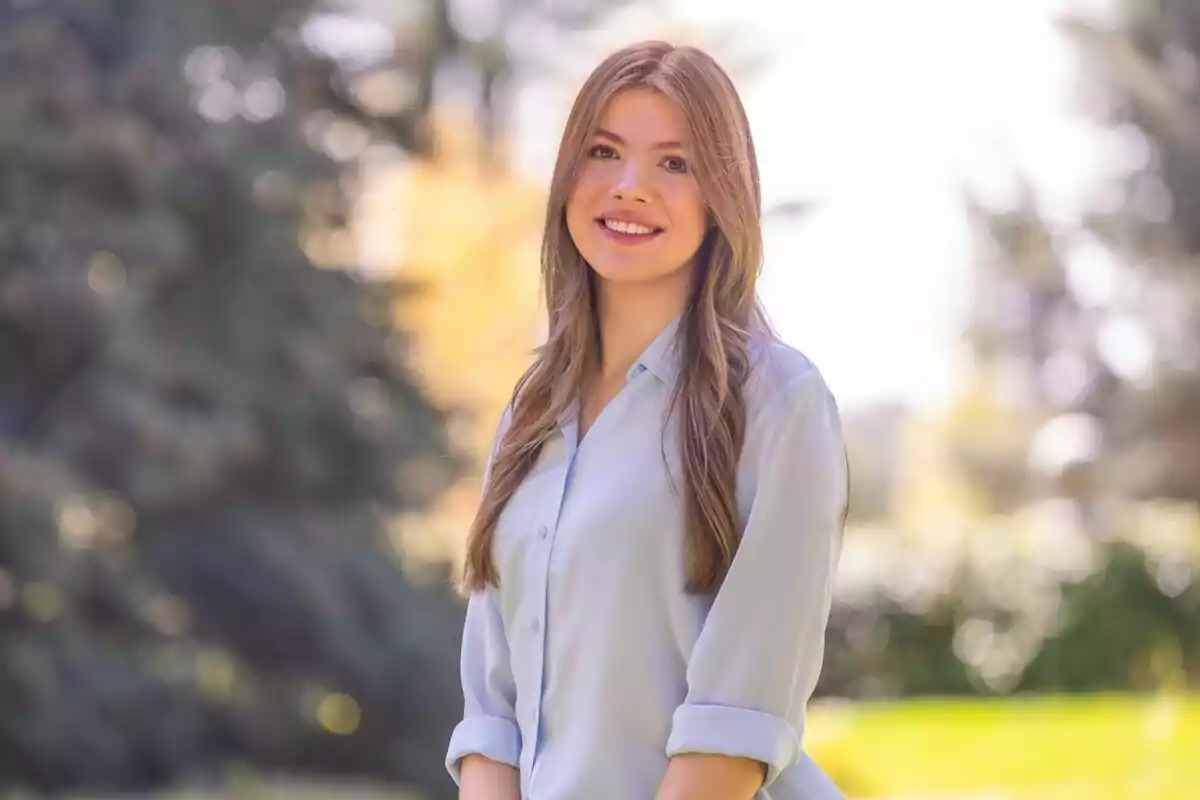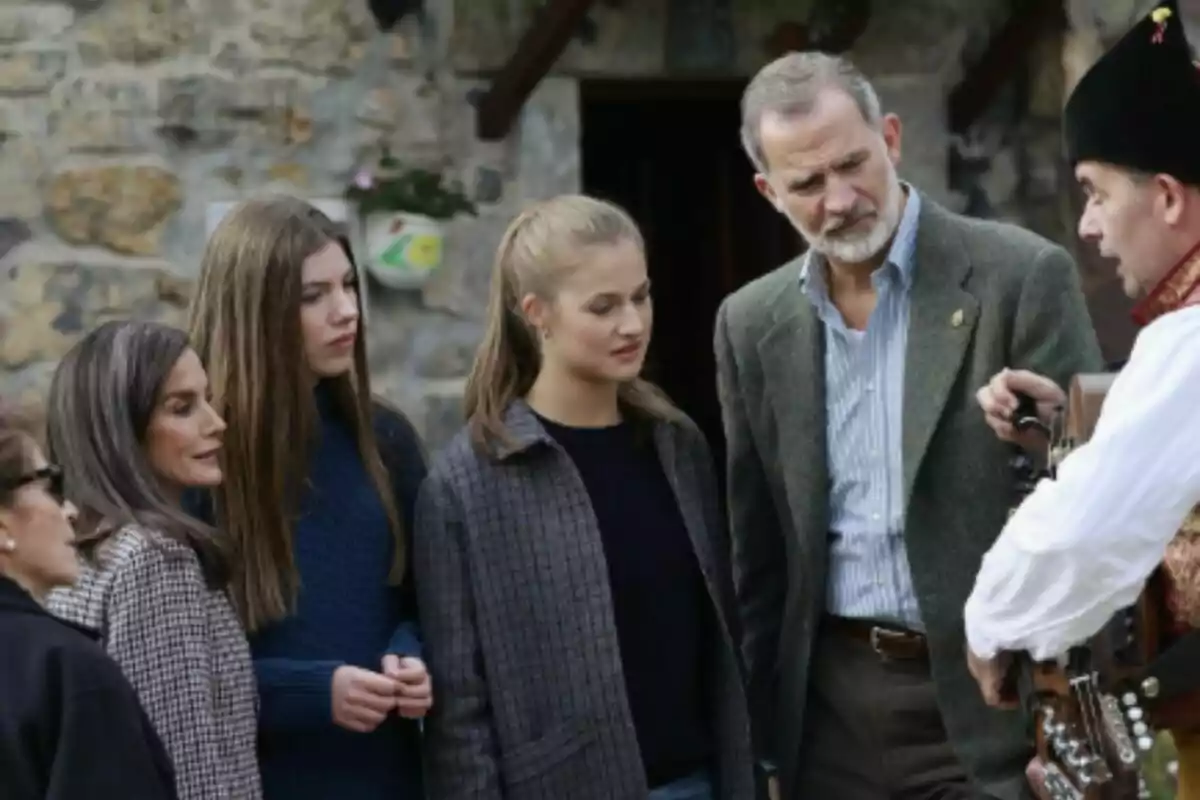
A psychologist points to Infanta Sofía, Leonor's sister: 'She has the syndrome of...'
The expert has clearly determined the psychological profile of the youngest daughter of King Felipe and Queen Letizia
Infanta Sofía, younger sister of Princess Leonor, has begun to attract growing media interest. Her more natural and spontaneous image contrasts with that of her sister, the future heir to the throne. She has caught the attention not only of the public but also of experts who seek to understand her personality from a psychological perspective.
One of these experts is Lara Ferreiro, who has conducted an in-depth study on her. According to her analysis, the young woman "has the perfect girl syndrome." Furthermore, she has warned that, as she develops, she could also end up developing the so-called "second child syndrome."

Infanta Sofía, Leonor's sister, suffers from perfect girl syndrome
Infanta Sofía is generating more and more interest, which has led a psychologist, Lara Ferreiro, to analyze her for the magazine Semana. In the study she has carried out, she has made it clear that the young woman, who will soon begin her university studies, "has the perfect girl syndrome."
The expert has explained that this is a very demanding behavioral pattern. It appears when a person, generally from an early age, internalizes that she must always meet others' expectations. In this case, it is the weight of being born into the Spanish royal family.
According to the psychologist, Infanta Sofía has grown up in an environment where image, behavior, and responsibility are observed in detail. This would have led her to be very self-demanding. Her need to do everything well and not disappoint would have given rise to this syndrome.
Although she shares this syndrome with Leonor, the expert has emphasized that in the case of the younger of the two, there is a nuance: she is not the heir. This fact, far from freeing her completely from pressure, has allowed her a certain emotional freedom.
Ferreiro has indicated that Sofía has developed a more spontaneous and natural personality. Unlike Leonor, who lives under the constant spotlight of institutional duty, she appears more approachable, cheerful, and relaxed. This suggests that her environment has allowed her a more secure attachment, less affected by protocol.

However, this spontaneity doesn't completely free her from the desire for perfection. In fact, the psychologist points out that Infanta Sofía wants to stand out on her own merits. Her behavior at public events reflects a firm will to represent her role well.
Infanta Sofía could develop another syndrome in the future
Beyond perfectionism, Lara Ferreiro has warned that Infanta Sofía could face a future risk: the development of "second child syndrome." This emotional condition occurs in people who, due to position or hierarchy, feel that they live in the shadow of a more prominent sibling or figure. In this case, the central figure is Leonor, Princess of Asturias and future Queen of Spain.
Not being the heir, she could end up feeling like "the other one," "the less visible one," or even "the one who is not needed." This is not about rivalry between sisters, but rather an internal emotional feeling that can appear even when they have a good relationship.

This syndrome can lead to low self-esteem, a constant need for external validation, or difficulty finding an individual purpose. Ferreiro emphasizes that, although the kings have tried to give visibility and prominence to Sofía when appropriate, the monarchical structure tends to prioritize the one who is destined to inherit the throne.
A situation like this could cause, in the future, a kind of internal struggle to differentiate herself from her sister. It would not be unusual for the infanta to seek personal paths outside the institution. Perhaps in the academic, cultural, or even social causes field, where she can express her authenticity and have her own impact.
Moreover, with her imminent entry into university, Sofía faces a key moment of emotional independence. This change of stage can help her define her identity better. However, it can also trigger feelings of insecurity if she doesn't have the right tools to manage the pressure of her last name.
More posts: